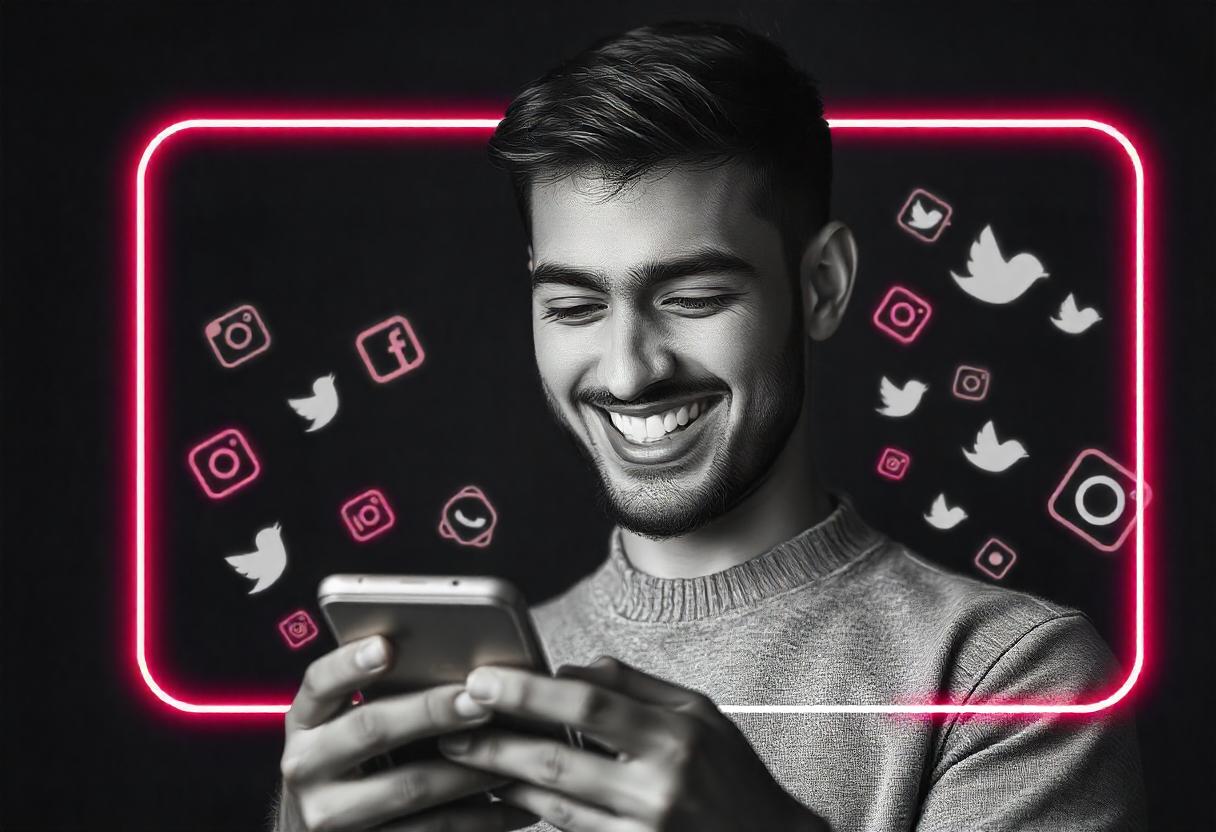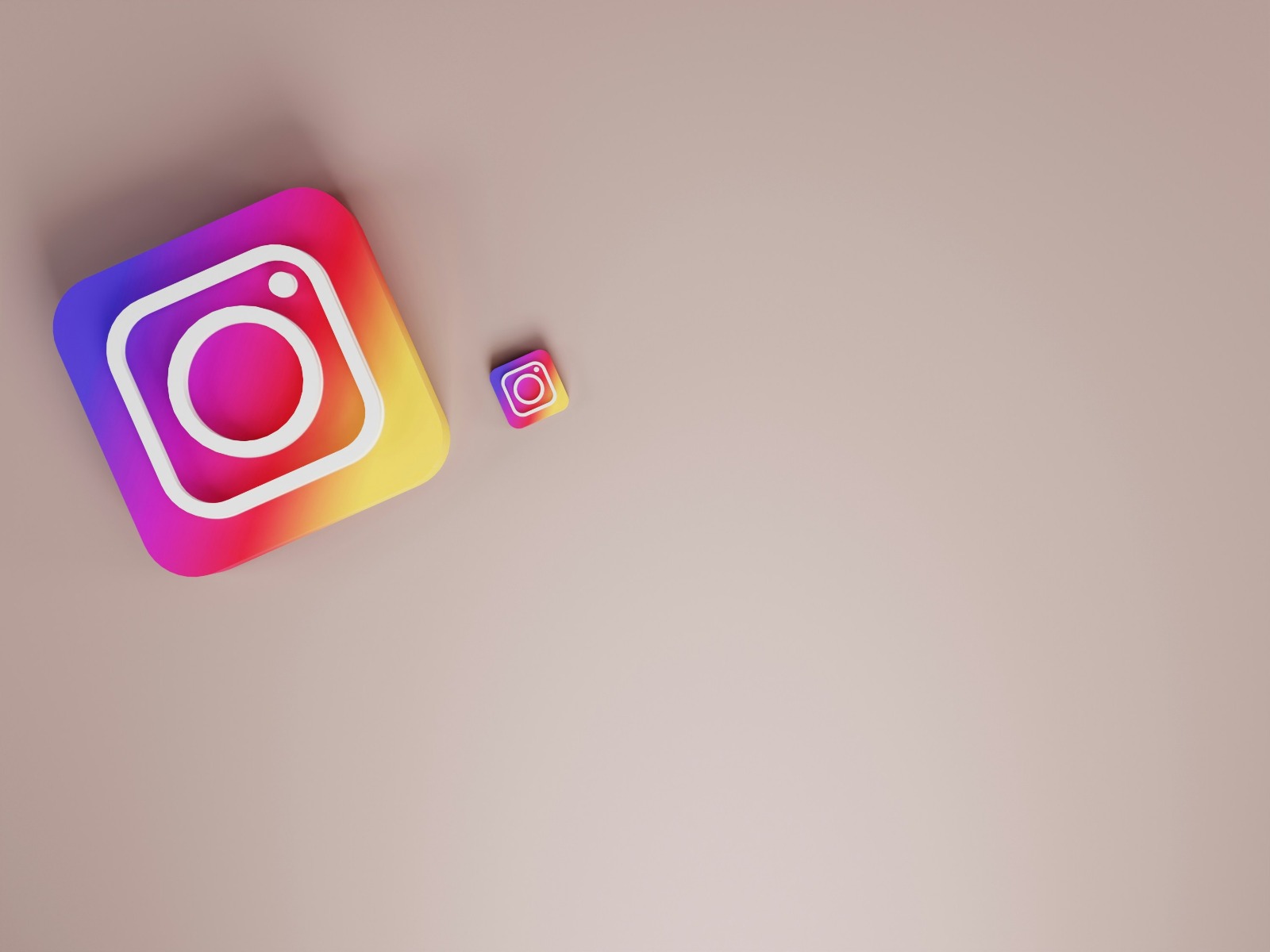
In today’s digital age, social media has become an integral part of our daily lives. From staying connected with friends and family to sharing moments of our lives with the world, social media platforms like Facebook, Instagram, Twitter, and TikTok have revolutionized how we communicate. However, the very platforms designed to bring people together are increasingly being linked to a growing mental health crisis, particularly in the form of anxiety and depression.
While social media offers numerous benefits, such as providing a space for self-expression and fostering connections, it also has a dark side that can negatively affect our mental well-being. In this blog, we’ll explore how social media contributes to anxiety and depression and why it’s important to be mindful of our digital consumption.
1. The Comparison Trap
One of the most significant ways social media fuels anxiety and depression is through the constant comparison to others. Social media platforms showcase curated, edited, and often idealized versions of people’s lives. Users post pictures of vacations, celebrations, fitness achievements, and material successes, which can create a distorted reality. While these posts may seem harmless, they often make us compare our own lives to others, leading to feelings of inadequacy, low self-esteem, and anxiety.
Studies have shown that when people view idealized representations of others' lives on social media, they tend to feel like their own lives are lacking in comparison. This "comparison trap" can be especially harmful for younger users who are still developing their sense of self and self-worth. Constantly seeing the highlights of other people's lives can lead to a sense of missing out, a phenomenon known as FOMO (Fear of Missing Out), which exacerbates feelings of loneliness and isolation.
2. Cyberbullying and Online Harassment
Another dark side of social media is the rise of cyberbullying and online harassment. With the anonymity that the internet provides, people feel empowered to say hurtful or abusive things without facing the consequences they would in face-to-face interactions. This has created a toxic environment where individuals, especially teenagers, are subjected to bullying, trolling, and even targeted harassment online.
Cyberbullying can take many forms, including spreading rumors, sharing private information, or leaving hateful comments. Victims of cyberbullying often experience intense feelings of sadness, anxiety, and depression, and in severe cases, this harassment can lead to self-harm or suicidal thoughts. The constant exposure to negativity online can create a sense of fear, helplessness, and insecurity in victims, leading them to withdraw from social media altogether, further isolating themselves from others.
3. The Pressure to Present a Perfect Life
Social media places immense pressure on individuals to present a perfect version of themselves to the world. Whether it's through carefully curated Instagram feeds or posting "happy" moments on Facebook, many users feel compelled to portray an idealized life, even if it doesn’t reflect reality. This pressure can lead to significant stress and anxiety as people strive to meet unrealistic expectations of beauty, success, and happiness.
For many, social media has become a highlight reel of their lives, with a constant focus on appearing perfect. This can create a vicious cycle, where individuals feel the need to post more frequently or put extra effort into achieving perfection. The fear of not receiving enough likes, comments, or shares on posts can further heighten feelings of anxiety and self-doubt, contributing to a negative feedback loop.
4. The Impact of Social Media on Sleep
Social media also plays a significant role in disrupting sleep, which in turn contributes to anxiety and depression. The constant need to check notifications, scroll through feeds, or engage in conversations online often leads to late-night usage, which can interfere with healthy sleep patterns. Studies have found that excessive use of social media, particularly before bedtime, can increase feelings of stress and prevent restful sleep.
The blue light emitted by screens is also known to interfere with the production of melatonin, a hormone that regulates sleep. This disruption in the body’s natural sleep-wake cycle can result in poor-quality sleep, leaving individuals feeling fatigued, irritable, and more susceptible to anxiety and depression the following day. The constant connectivity provided by social media means that users often feel compelled to stay online, leading to sleep deprivation and further contributing to mental health issues.
5. The Filter Bubble and Echo Chamber Effect
Social media platforms use algorithms to tailor content to users' preferences, showing them posts, advertisements, and stories that align with their existing beliefs and interests. While this personalization can create a more engaging user experience, it can also lead to a phenomenon known as the "filter bubble" or "echo chamber effect." In these spaces, individuals are only exposed to viewpoints and information that reinforce their existing opinions, limiting exposure to diverse perspectives and critical thinking.
This can contribute to feelings of polarization, frustration, and anger, especially when users are repeatedly exposed to controversial or divisive content. The echo chamber effect can create a sense of isolation, as users may begin to feel that everyone around them shares the same opinions, making it difficult to connect with others who hold different views. This can lead to heightened stress and anxiety, as well as feelings of alienation and disconnection from the real world.
6. Social Media Addiction and Its Effects
Social media addiction is a growing concern, with many users spending hours each day scrolling through feeds, watching videos, and engaging in online interactions. This addiction can have serious consequences for mental health, contributing to feelings of anxiety, depression, and social withdrawal.
The constant need for validation through likes, shares, and comments can create an unhealthy dependence on social media for self-esteem and emotional well-being. This addiction often leads to neglecting real-world relationships and responsibilities, as users become consumed with maintaining their online presence. The more time spent on social media, the greater the risk of developing mental health problems like anxiety, depression, and social isolation.
7. How to Manage the Negative Impact of Social Media
While social media can have negative effects on mental health, there are ways to mitigate these impacts and use it in a healthier way. Here are a few strategies:
-
Set Boundaries: Set specific times for using social media and avoid excessive use, especially before bedtime. Creating a digital detox routine can help reduce feelings of anxiety and improve sleep quality.
-
Follow Positive Accounts: Curate your social media feeds by following accounts that promote positivity, self-care, and mental well-being. Unfollow or mute accounts that make you feel inadequate or anxious.
-
Limit Comparison: Remind yourself that social media represents only a small fraction of a person’s life. Don’t compare your behind-the-scenes with someone else’s highlight reel.
-
Seek Support: If you're experiencing cyberbullying or harassment, don’t hesitate to reach out to a trusted friend, family member, or mental health professional. Many social media platforms also offer reporting features to block or report abusive content.
-
Practice Mindfulness: Engage in mindfulness activities, such as meditation, to help center yourself and reduce the stress associated with social media.
Conclusion
While social media has undeniably brought many benefits, including fostering connections and providing a platform for self-expression, its negative impact on mental health cannot be ignored. The pressure to present a perfect life, the constant comparison to others, cyberbullying, and the addictive nature of these platforms all contribute to rising levels of anxiety and depression.
By being mindful of our social media consumption and implementing healthy habits, we can mitigate its harmful effects. Ultimately, it’s important to remember that social media is just one part of our lives, and our self-worth should not be tied to likes, comments, or online validation. Prioritizing real-life connections, mental health, and well-being should always come first.
Asif Bc
Aspiring blogger in Kerala sharing insights on technology and mental health to inspire mindful living.



.jpg)
0 Comments